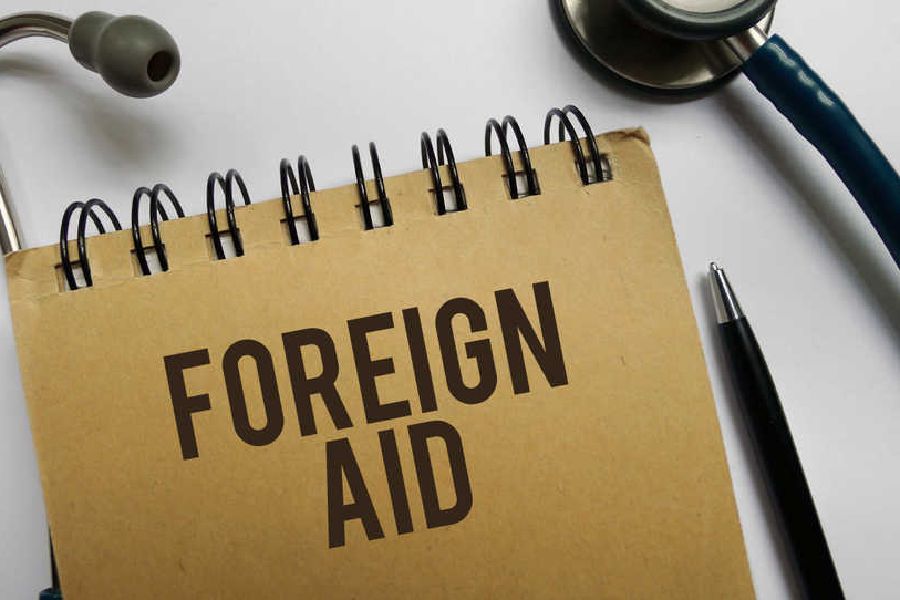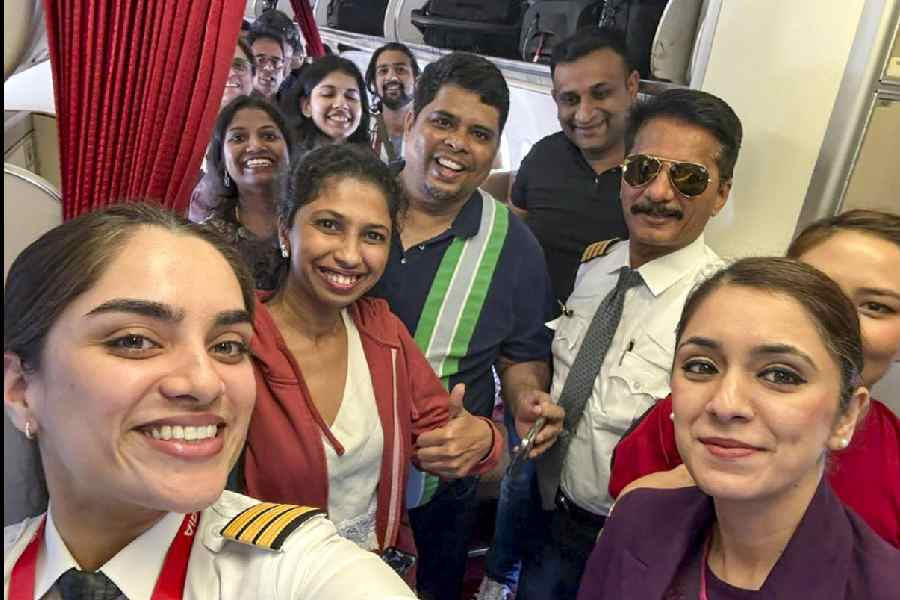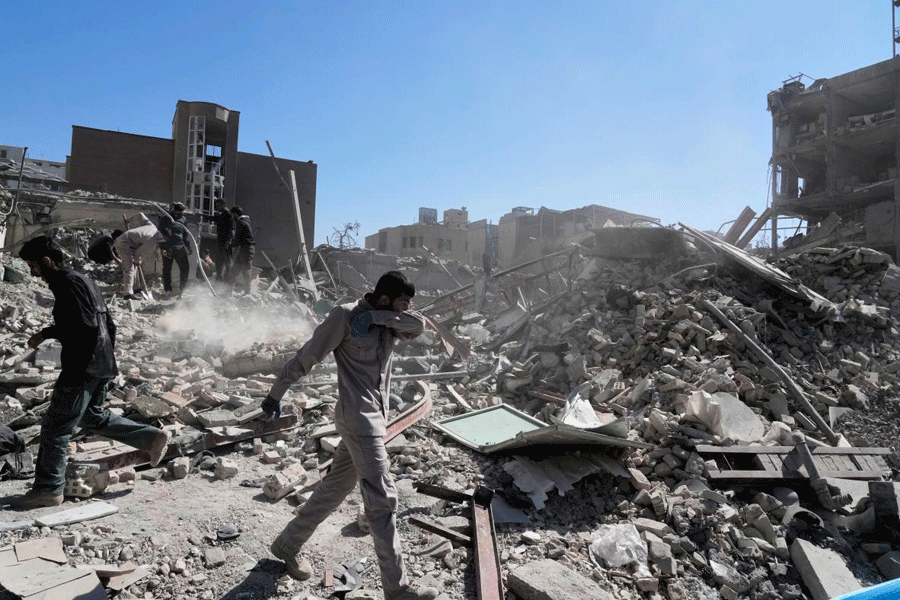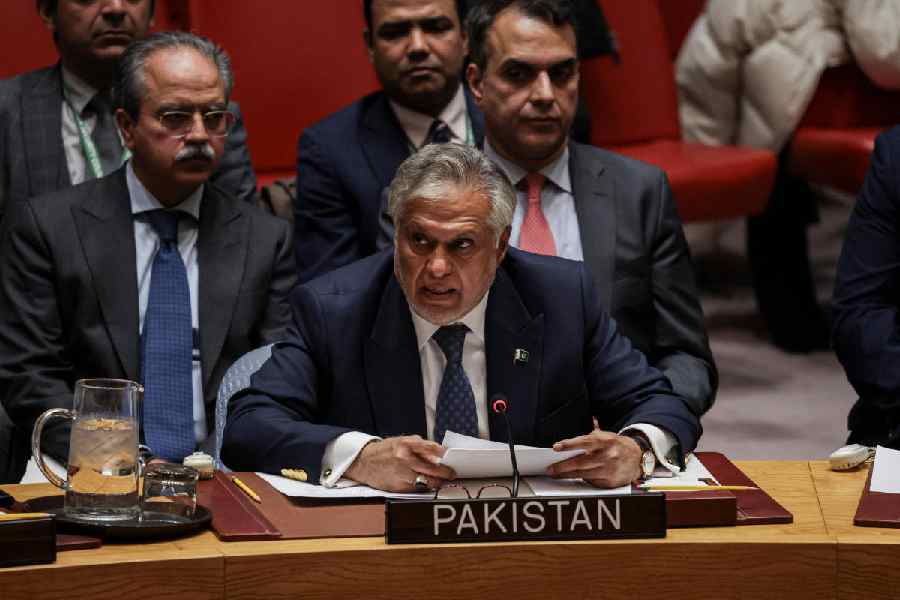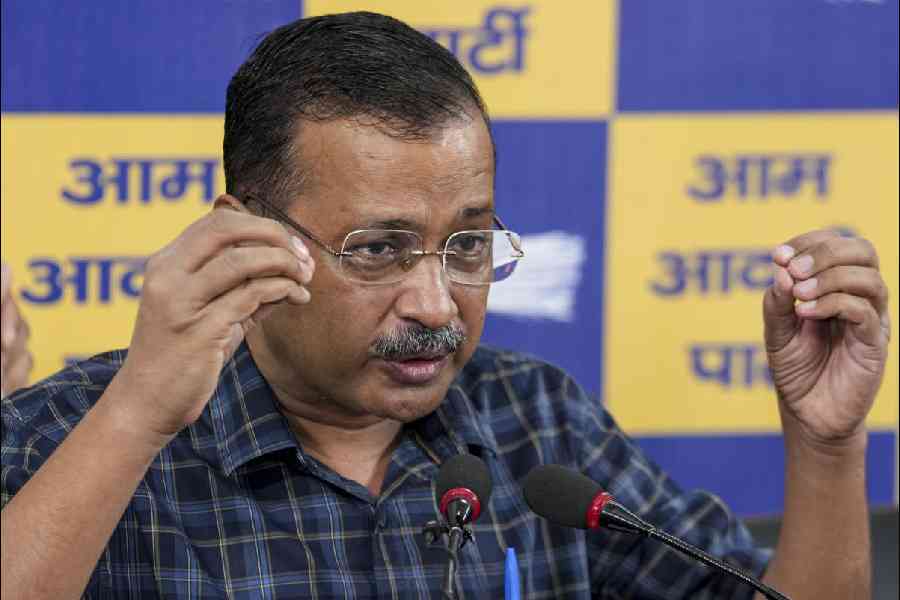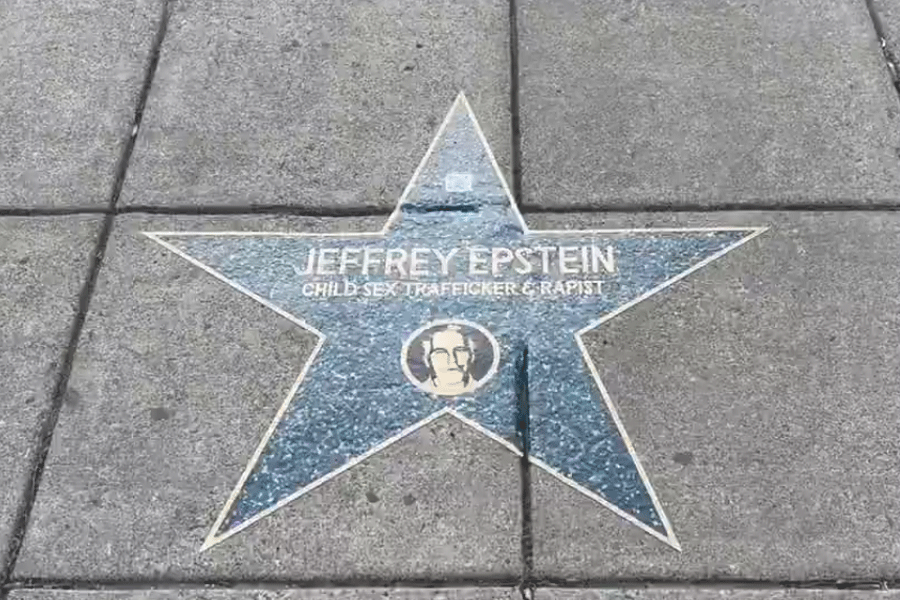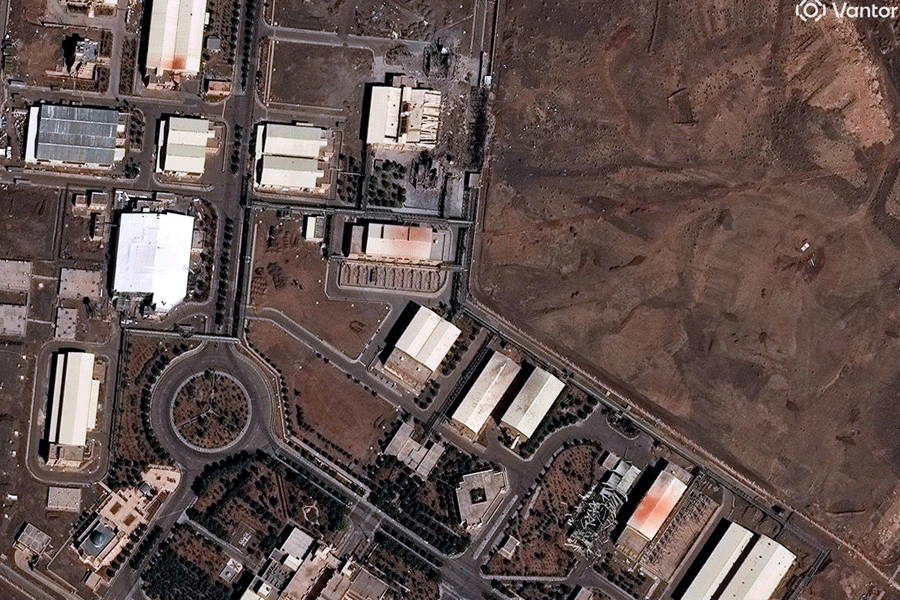The Constitutional Conduct Group of retired bureaucrats has in an open letter to Union home minister Amit Shah expressed deep concern over the relentless harassment of NGOs under the Foreign Contribution (Regulation) Act (FCRA).
The retired civil servants urged Shah to take necessary steps to “cease needless harassment of organisations serving the people of India, especially its most marginalised and disadvantaged sections”.
Over the past eight years, the Narendra Modi government has tightened the rules and procedures for NGOs to receive and use foreign funds. It has cancelled the FCRA licences of hundreds of NGOs on the charge of violating the law’s provisions. The crackdown has also led several civil society groups to accuse the government of trying to stifle dissent.
FCRA registration is mandatory for any NGO or association if it has to receive foreign funds.
In its letter on Tuesday, the Constitutional Conduct Group (CCG) pointed out that the FCRA registrations of nearly 5,933 NGOs had lapsed as of January 1, 2022. “While there are undoubtedly cases where NGOs have not applied in time for renewal, the denial of renewal to a number of internationally reputed NGOs occasions cause for concern,” the letter said.
The CCG underscored that in the recent past the FCRA licences of four well-known nonprofits — the Commonwealth Human Rights Initiative (CHRI), Oxfam India, Centre for Policy Research (CPR) and the Centre for Equity Studies (CES) — had been cancelled or suspended.
“These are all institutions whose activities are aimed at addressing the problems of the most marginalised sections of Indian society. Rights to food, work, wages, health and shelter and the right to lead a dignified life based on the fundamental rights guaranteed under the Constitution of India feature prominently in the work of these organisations,” the letter said.
Oxfam has been working in India since 1951 and has been involved in a number of humanitarian and development activities over the past70 years in various parts of India.
CHRI activities range from advocacy of the right to information of citizens to prison and police reforms and promoting media freedom and the right to free expression.
The CPR is a prominent public policy think tank with distinguished former civil servants and corporate professionals on its governing board. The CES, set up in 2001, aims to influence public policy and law for sustainable long-term solutions towards the rights and care of underprivileged sections of society, the letter said.
“The cancellation/suspension of the FCRA licences of these organisations and the initiation of punitive action by various law enforcement agencies of the Government of India is an outcome of the highly flawed provisions of the FCRA,” the letter. “It seems as though, using the FCRA, the Government of India seeks to deter civil society organisations from seeking funding from foreign sources….”
The government, the letter said, should view such organisations as partners and not as adversaries.
“Most importantly, these organisations work at the lowest levels of our society, with mostly marginalised groups who have fallen through the cracks in the government's own welfare schemes, and have no safety net to take care of them. Deliberate denial of even this modicum of assistance or advocacy to them does not do credit to a government whose rallying cry is 'sabka saath, sabka vikas, sabka vishwas'," the letter stated.
It added: “It ill behoves a government professing adherence to democratic ideals to be intolerant of criticism of its policies and encourage its agencies to adopt intimidatory practices, such as searches, seizures, inquisitorial questioning and information leaks to the media aimed at damaging the reputation of these organisations in the minds of the public. These organisations are helmed by persons with an impeccable and rich record in public life.”
The 86 signatories included former foreign secretary Sujatha Singh, former ambassador Madhu Bhaduri, several retired Union secretaries, chief secretaries, directors-general of police, as well as ex-top bureaucrats from the Indian Forest Service, Indian Revenue Service and the Central Public Works Department.

